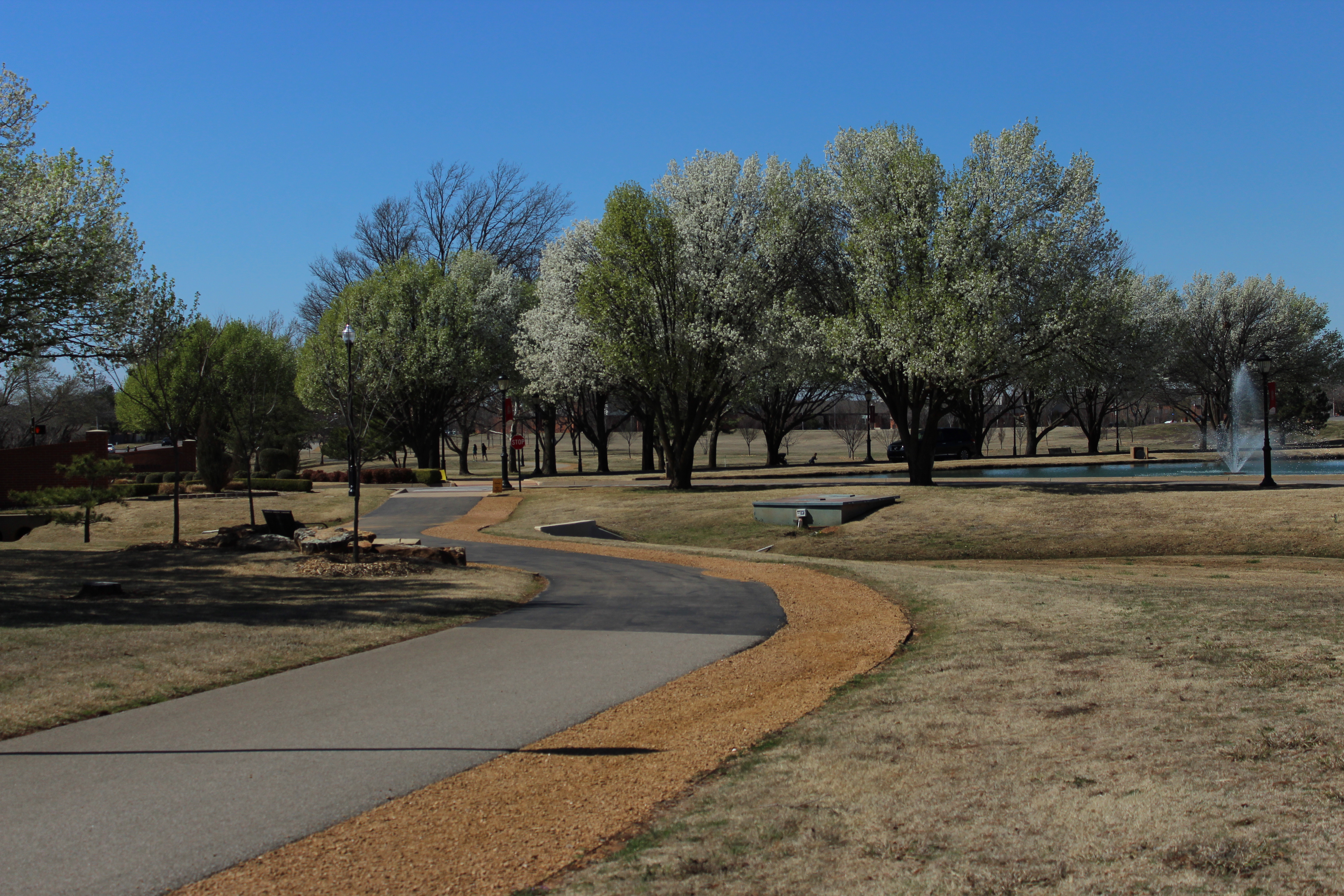A report released December 2016 recognized Oklahoma as No. 46 in the United States in overall health. Sen. Ervin Yen said life expectancy as a nation is decreasing and he believes mental health might be contributing to the statistic.
Associate Dean of Nursing Jennifer Gray said the lack of funding has the largest impact on mental wellness.
“Our current health care system is very underresearched in the measure of mental health,” Gray said. “We have a shortage of mental health professionals. We tend to be a low-income state, which is closely interrelated to the low level of college graduates. We don’t have a lot of people with higher level degrees which usually link to jobs with benefits.”
Ryan Newell, chair of the Department of Psychology and Family Studies, said mental health has been an issue for decades, and will continue to cause problems if not funded adequately.
“Throughout history, mental health has been a problem, as a profession we have done well until we lost funding and started to lock ‘crazy’ people up,” Newell said. “We make tourist attractions out of them by calling them werewolves or demon possessed. The sickest and most poor individuals receive the most ineffective treatment — they get the youngest, less experienced doctors. The people with Ph.D.’s tend to work in private practice primarily and most people can’t afford that.”
Oklahoma not only struggles with funding issues in the mental health sector, lack of insurance also contributes to the decrease in overall health, NewsOK said. Around 15 percent of residents do not have an insurance plan, according to NewsOK.
Senior nursing student Morgan Cocklin said without insurance, proper medical attention is not available.
“Better advertising of state resources would be the first step,” Cocklin said. “We can’t eradicate the need for insurance, force people to get insurance, or hand out insurance, but we can advertise the free services within the state. We have so many free clinics and pharmacies that focus on serving the uninsured in our state and no one knows about it. What is even more important to make known is that individual county health departments have clinics that base prices off of a income sliding scale, keeping prices affordable.”
In addition to mental healthcare, Gray said exercise is another option for better health that Oklahomans are lacking. Gray said exercise often depends on the supply of adequate facilities.
Senior Mitchell Barron said Oklahomans must change their régime to form a healthy lifestyle.
“Most people don’t realize how much health matters in their lives,” Barron said. “People tend to ignore the programs available to them such as working out and dieting. It is much easier to be lazy and eat without limits. Oklahoma needs to focus on the health of its people on an individual level. This could be done by having commercials that promote health programs available in the state.”
Oklahoma’s Commissioner of Health Terry Cline created the Oklahoma Health Improvement Plan in 2015, called “Healthy Oklahoma 2020,” to help solve Oklahoma’s health ranking. Cline said he wants to address many areas of Oklahoma health, including behavioral health and obesity.
“This plan focuses on creating a culture of health,” Dr. Cline said. ”Making improvements in these flagship areas will have the greatest impact on the health of Oklahomans now and for future generations.”














Be First to Comment